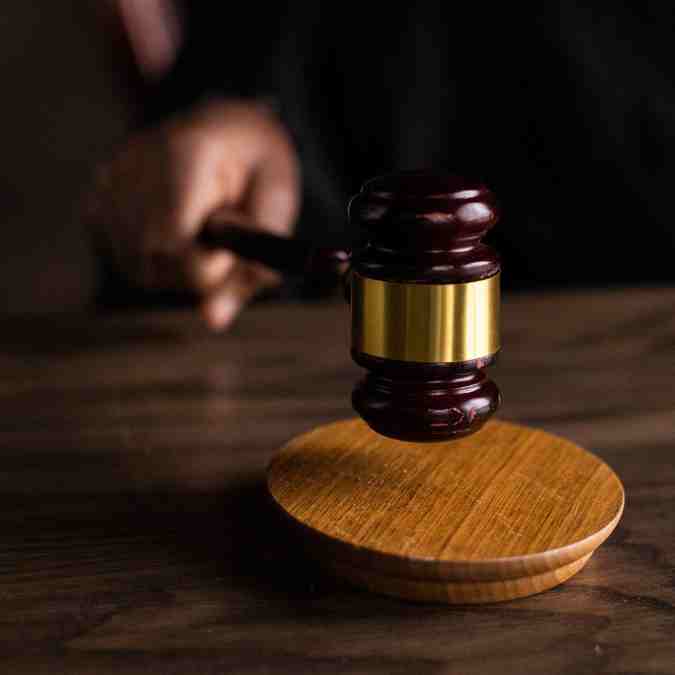Judge-alone trials in the High Court were introduced in Trinidad and Tobago in February 2019. Several such trials were conducted before the pandemic began. During the pandemic, when in-person hearings had to be suspended, judge-alone trials provided the only means by which criminal trials in the High Court could be conducted.
Now, with the end of the pandemic and the ability to reinstitute trials by jury, establishing lone trials by judge alone is a dangerous and worrying action. This opens up a gateway for possible corruption within the Judiciary where, like in some countries, judges could be bribed to sway their decision within the courts. It also exposes the Judiciary to an increase in criminal threats, which could also impact its decisionmaking process.
The use of a jury allows for fair and impartial decisions while also allowing an indicted or charged individual to be judged by his/her fellow countrymen. A jury is a group of citizens selected at random to hear evidence and decide whether a person accused of a criminal offence is guilty or not. One of the main advantages of a jury trial is that it ensures that defendants are judged by their peers. This means that the people who are making the decision about a defendant’s guilt or innocence are from the same community as the defendant. This can provide a sense of fairness and impartiality that might be lacking if the decision were made by a single judge or a panel of judges.
It also allows for a variety of perspectives on the evidence presented. Jurors come from different sociological, economic and education al backgrounds while also enduring different life experiences, which can lead to a more thorough examination of evidence at a trial. This can increase the chances of a fair and just outcome of the particular cases.
Juries also play a pivotal role in protecting the rights of defendants. In a jury trial, defendants are given an opportunity to have their cases heard by a group of people, rather than just a single judge, which can increase the chances of a fair outcome.
Daniel Bertie Glencoe



Responses